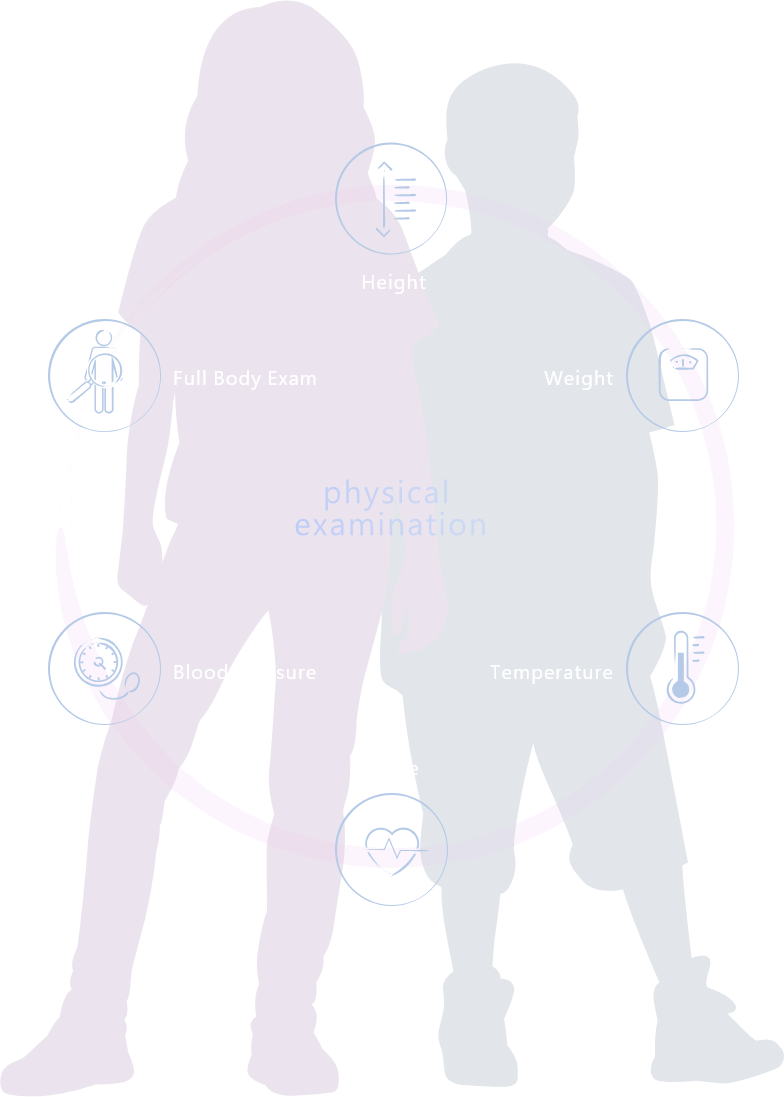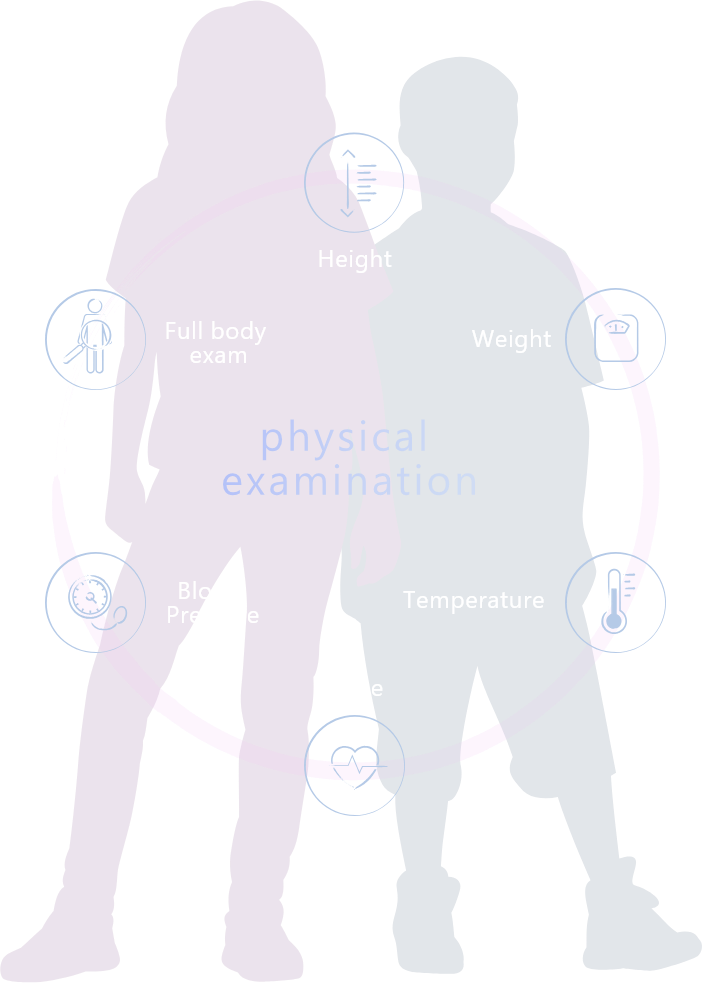Your child's
Pediatrician
is your first step
The sooner your child is diagnosed and treated, the sooner progression of puberty can be stopped until your child is ready
The pediatrician knows your child’s medical history. If you notice any signs or symptoms of puberty occurring too soon, speak with your child’s pediatrician. Let them know your concerns. The pediatrician will review your child’s and family’s medical history.



The pediatrician will do a full physical examination
They’ll look at your child’s private areas (genitals) to check for signs of puberty such as pubic hair. They’ll see if your daughter is developing breasts and they’ll see if your son shows penis and testicle enlargement. If the pediatrician doesn’t check these parts of your child’s body, ask the pediatrician to look at them.
The pediatrician may refer you to a pediatric endocrinologist for an official diagnosis.
Getting a diagnosis as soon as possible is important
See Karen Klein, MD, pediatric endocrinologist, discuss next steps in diagnosing CPP.
Seeing a pediatric
endocrinologist is the next step
If your pediatrician thinks your child may have central precocious puberty, or CPP, they may refer you to a pediatric endocrinologist.
They are specialists who focus on the treatment of hormone-related conditions in children.
The pediatric endocrinologist may perform some or all of the tests below. They will also do a full physical exam.
Once all the tests are complete, they will review the results and make a proper diagnosis.
Bone age test
of hand and wrist
An X-ray of the left hand can help determine your child’s bone age. It is then compared to standard growth charts to establish whether the bones are growing too quickly.
Blood Test
This test measures the level of hormones in your child’s bloodstream.
GnRH
stimulation test
This test helps distinguish CPP from other possible causes of early puberty.
Pelvic and
adrenal ultrasound
This checks the development of your child’s ovaries or testicles, and adrenal glands.
MRI or CT scan
These tests show if any brain abnormalities are causing the early start of puberty.
If your child is diagnosed with CPP, remember that it’s not your fault and that it can be treated. Before choosing a treatment, discuss with the doctor how it works and how it can affect your child.
Getting a diagnosis helps
you plan what to do next
Watch parents describe how getting a diagnosis gave them a sense of relief.
Already seen the
pediatrician?
If you’ve seen the pediatrician, the next step is to see a pediatric endocrinologist for a diagnosis. If you haven’t seen a pediatric endocrinologist, ask your pediatrician for a referral. Trust your instincts and make sure you get a diagnosis. Half of all children with CPP are diagnosed too late for treatment to have an impact.* The sooner you know for sure if your child has CPP, the sooner your child can get the treatment he or she needs.
*Based on an online survey of 141 US pediatric endocrinologists from June 6 to July 14, 2017.
Find a pediatric
endocrinologist
in your area
While AbbVie does not recommend any specific healthcare providers, we can help you find a pediatric endocrinologist in your area.
Need help
talking to the
pediatrician?
Create your own discussion guide to ask the right questions and get as much information as possible during the visit to the pediatrician.
Check your child
with
the Signs and Stages
of
Puberty tool
Use the interactive tool to compare the signs you see in your child with the stages of puberty in normal development.

